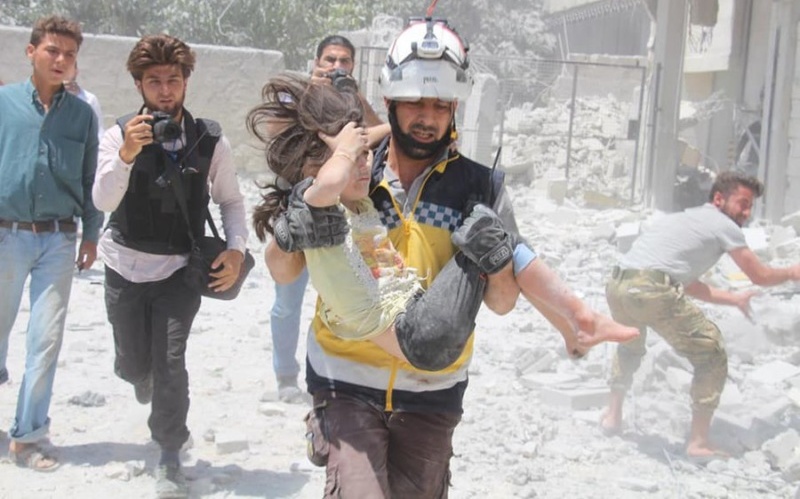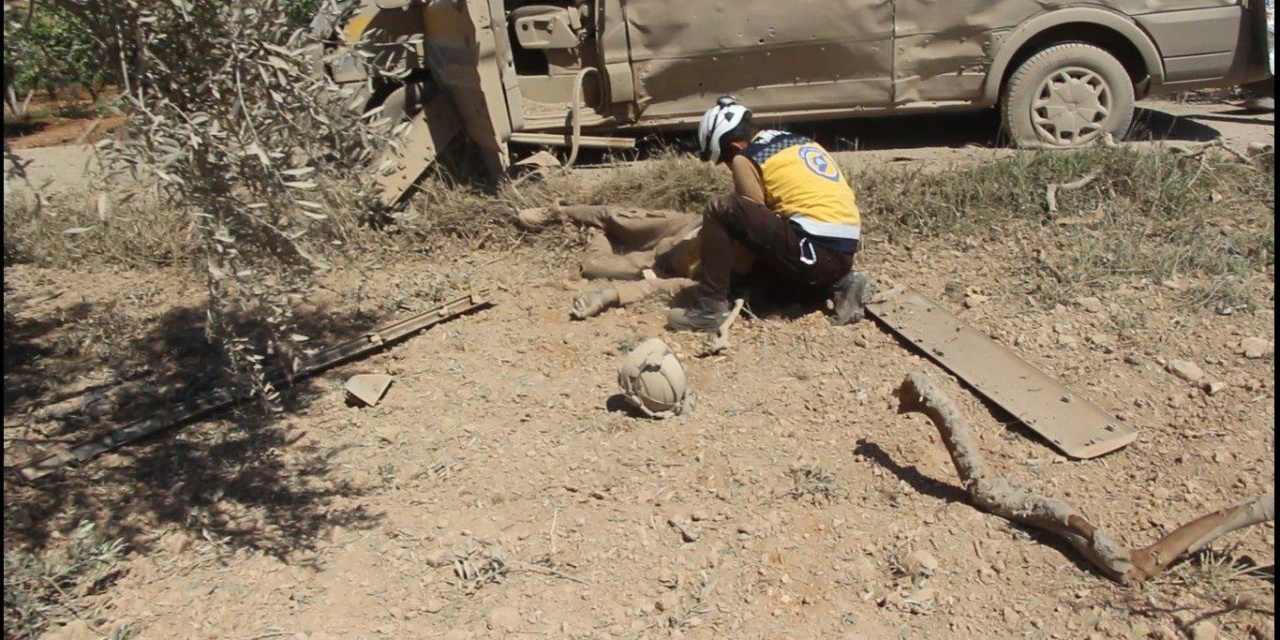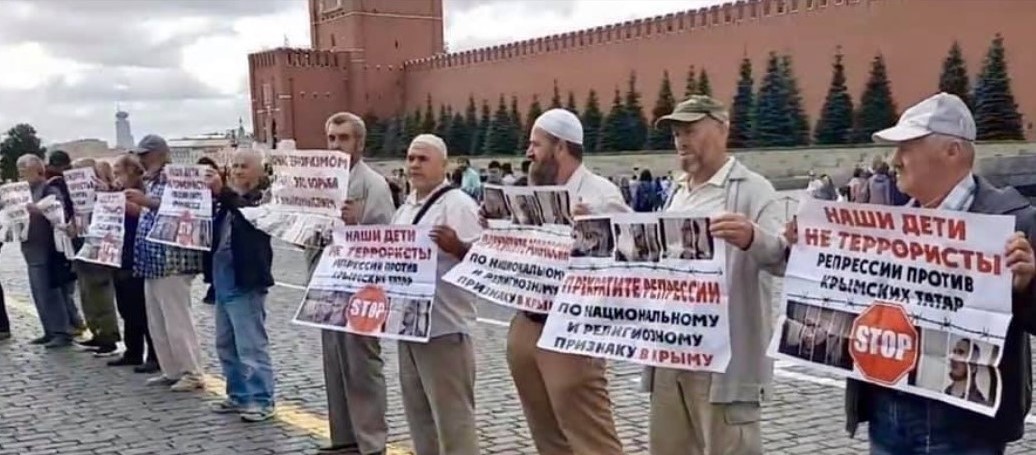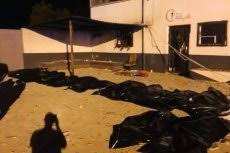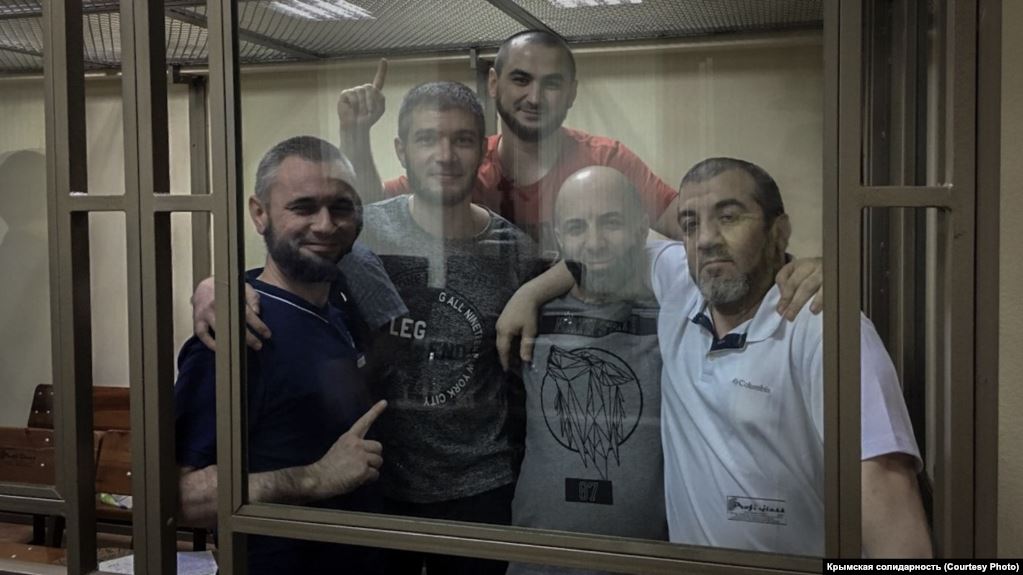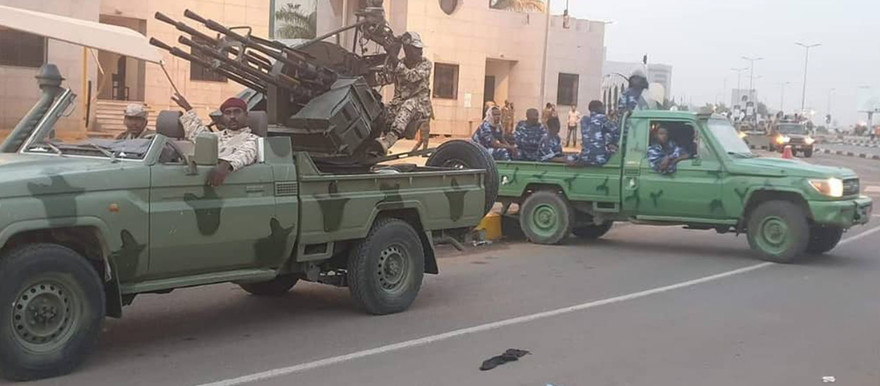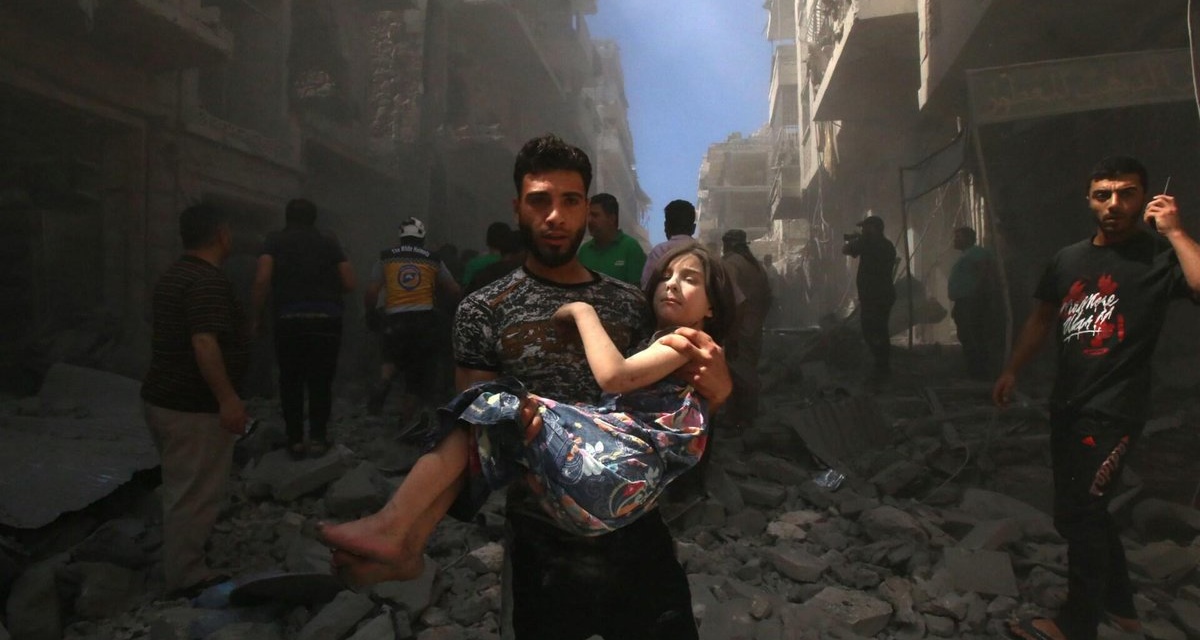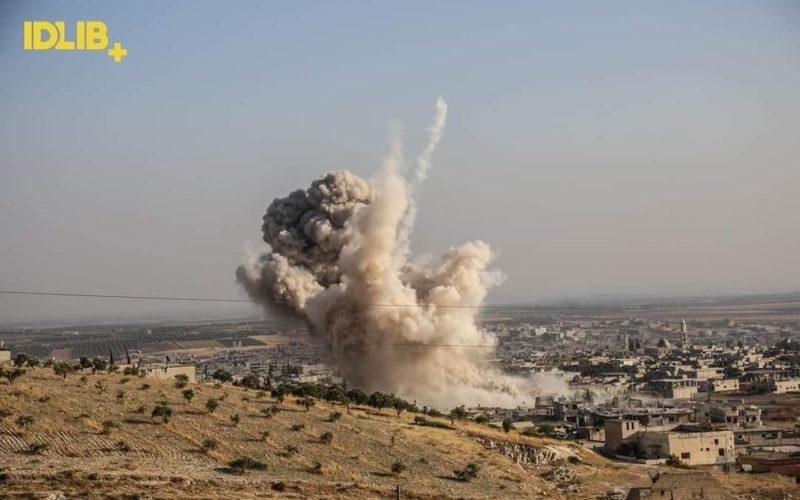
Idlib bombardment resumes after brief respite
Russia and the Assad regime resumed attacks on opposition-held northwest Syria, breaking a four-day pause declared by Damascus. Russian and regime forces, whose spring offensive shattered a “demilitarized zone” announced last September by Moscow and Turkey, again began bombing and shelling both rebel positions and civilian areas. The regime’s military said last week that it was halting operations, which have killed more than 700 civilians and wounded more than 2,200 since late April, while giving an ultimatum to anti-Assad forces to withdraw from the 20-kilometer “demilitarized zone” through Idlib and northern Hama province. As the new air-strikes were launched, an army statement said: “The agreement to a truce was conditional… This did not happen… We resume our military operations against terrorist organizations.” (Photo via EA Worldview)




